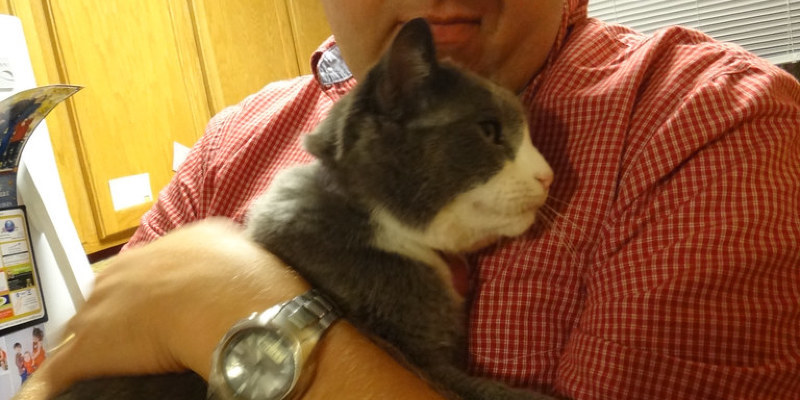The foreclosure procedure permits a creditor to take back ownership of a property from a debtor. Foreclosure occurs when the debtor is no longer making the mortgage loan payments on time and in total. The lender may sell the home at public auction, and becomes the owner if there are no successful bidders.
Function
Foreclosure processes vary by state. There are two distinct types of mortgage foreclosures. Non-judicial foreclosure generally occurs when a deed in trust, a type of legal tool used to demonstrate ownership of property, is utilized. The debtor deeds the property to the lender for the lender to maintain until the loan is paid in full. Deeds in trust typically include wording which permits the creditor to foreclose in your home without going to court. Judicial foreclosures happen when the creditor has to go through a court procedure and get a signed judgment so as to foreclose and publicly auction the home.
Mortgage Sort
The type of mortgage a debtor has can contribute to an eventual foreclosure. An adjustable-rate mortgage, or ARM, is a loan which”resets” on a date noted from the mortgage documents. The rate of interest is adjusted to whatever is standard in the financial market at that moment. The reset may cause the loan obligations to go up unexpectedly, and if the borrower can’t afford the new payment amount, the loan may be foreclosed . A balloon mortgage is a loan where the total payments aren’t enough to cover the entire balance due on the mortgage. A huge portion of the principal of this loan is due at the end of the mortgage term. A borrower who cannot afford the balloon payment at the end of the loan may face foreclosure as a outcome.
Personal Situations
Events in a borrower’s life can result in foreclosure if the situations result in a drain in financial resources. These events include medical emergencies that result in unexpected debts, unemployment or other factors that drain a borrower’s funds. A borrower may file for bankruptcy in these types of situations to halt a foreclosure. The creditor may nevertheless proceed with a foreclosure if the insolvency court deems that foreclosure is the best course of action, such as when the debtor doesn’t have enough income to make the payments.
Factors
Some foreclosures are due to the debtor electing to not pay the mortgage. This is also known as”walking out” from the property. A borrower may drift away from the property when the balance of the mortgage is no longer in accordance with the true worth of the home due to decreasing property values in the area. The family of a deceased borrower might not wish to take on the mortgage debt if the home is in poor condition or of little value.
Misconceptions
Alternatives are offered for a borrower who’s facing foreclosure. The creditor may agree to a short sale, which is when the borrower sells the home for less than the balance on the loan and the creditor cancels the debt. A creditor may accept a deed in lieu of foreclosure, when the borrower deeds back the property to the creditor in return for getting the mortgage canceled. Some creditors will use a debtor who’s in financial distress, to be able to modify or refinance the existing loan to create the mortgage less expensive.
